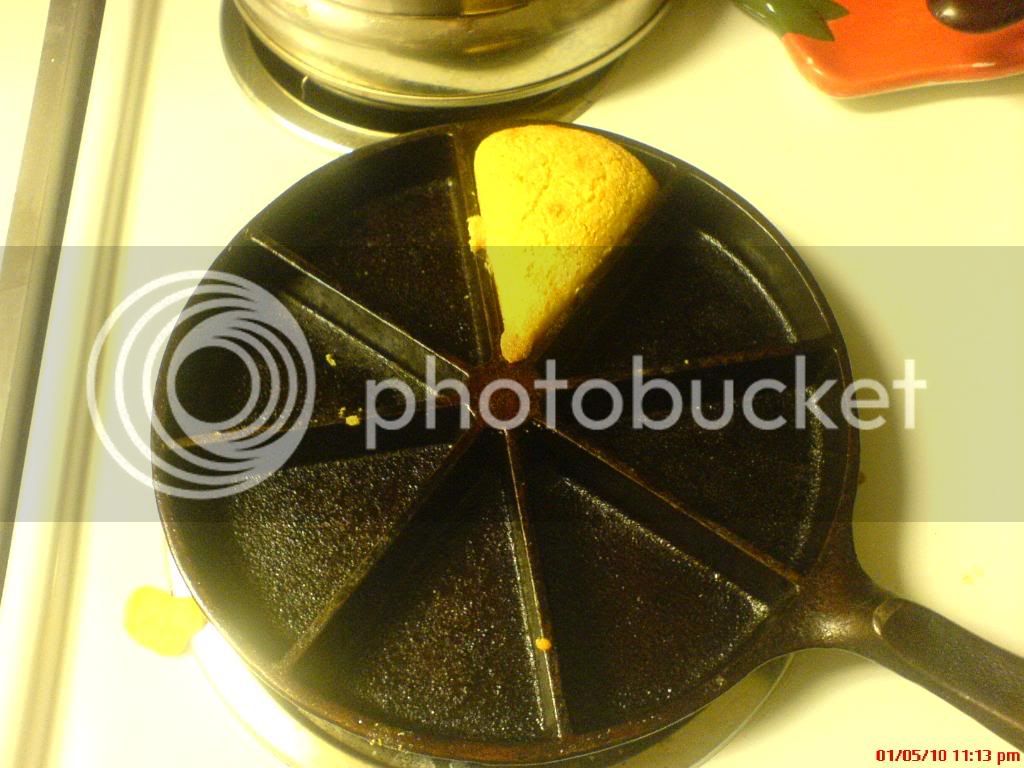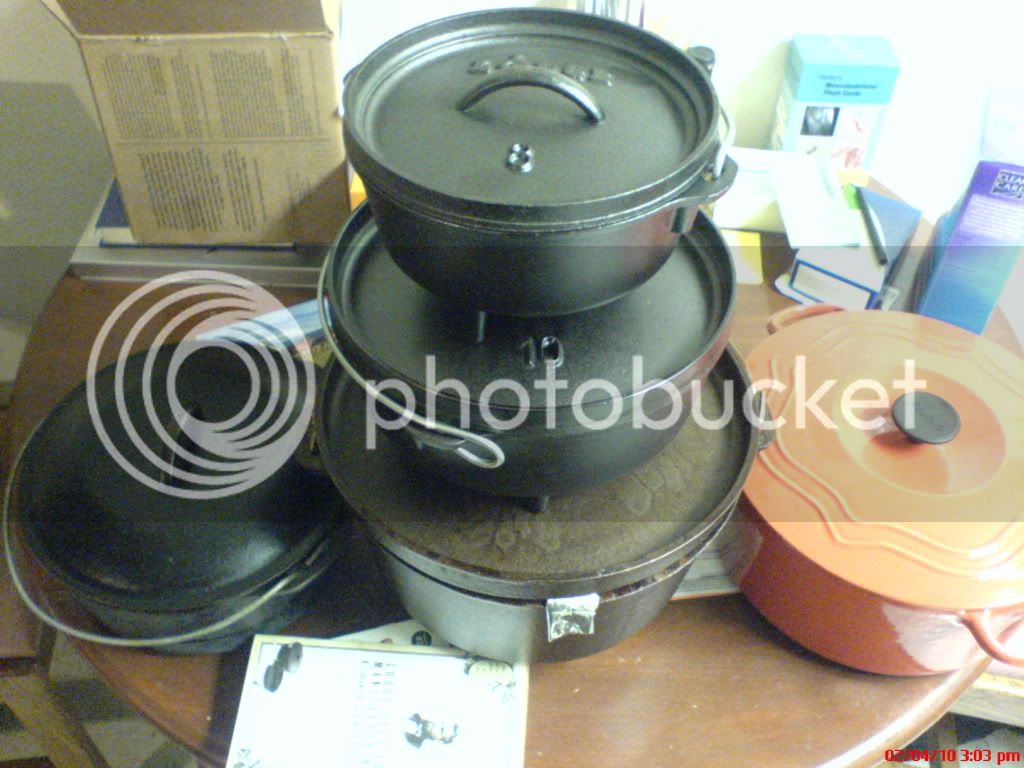Today I watched two customers just about get into a fist fight over cleaning of Cast Iron... It was really amazing how strongly these two very civil individuals (normally) got so worked up because they saw polar oposite ideas as herasy. One was based on cleaning with a spatula and a paper towel, nothing else. The other says after reaserching where the notion of never soaping a CI pan to clean is was based on the common soaps of the time and that modern soaps where safe to use in moderation.
WOW these guys tore into each other like you wouldn't believe, is it a full moon tonight??
My point is that there are those that believe in one way so strongly that they will not be convinced of another way, ever. Personally I find that not getting into those topics with people is just for the best on all sides. I believe strongly in what I believe and others believe in what they believe, who is right and who is wrong is no longer an interest to me when all the doors close and the emotion gets hot. I just will not bite and move on to other topics. 9 times out of 10, they are both right and both wrong to some degree, there is always more than 3 sides to a story, side A, side B, and whats real.
Now back to out OP

How many here have and use various Dutch Ovens









